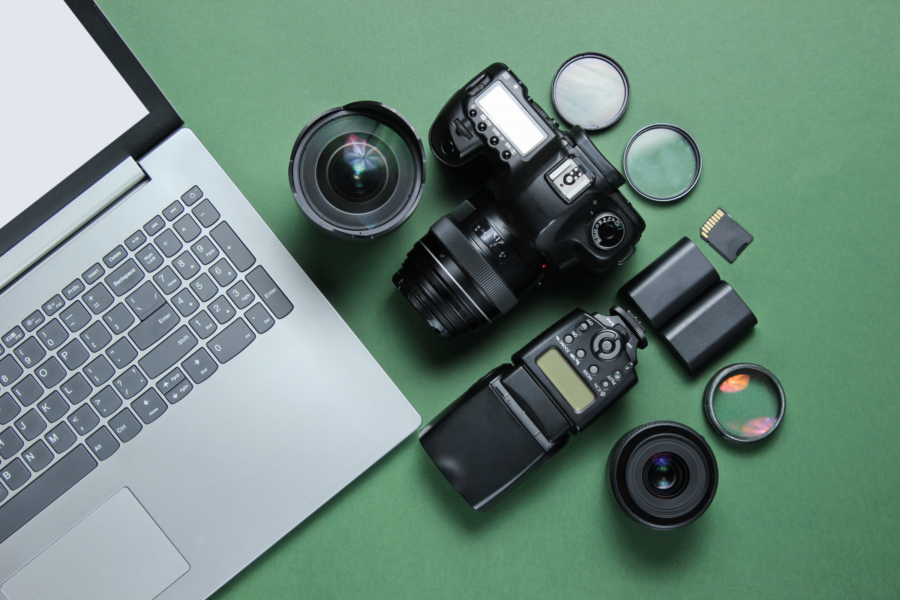Share
Can AI Make Your Photos Look Better? Macphun Luminar Tries
Blame Instagram. Consumers only had the vaguest experience with retouching until Instagram’s built-in filters introduced a one-click fix as a par...

Blame Instagram. Consumers only had the vaguest experience with retouching until Instagram’s built-in filters introduced a one-click fix as a part of the publishing process. Now everyone wants all their images images to “pop.”
Nowadays many apps provide more granular editing controls, but given the choice, I suspect the average person would still opt for a one-click solution. Enter Macphun Luminar. Macphun’s Luminar is image editing software that competes with Photoshop, Lightroom and the ilk. Unlike the Adobe products, Luminar doesn’t require a subscription, and its $69 price and 150MB size (includes 5 licenses for your family) make it a very compelling alternative. It lacks catalog capability, but like its brethren, Luminar’s editing controls are robust and numerous. Perhaps too numerous, and therein lies the problem which Luminar seeks to solve.
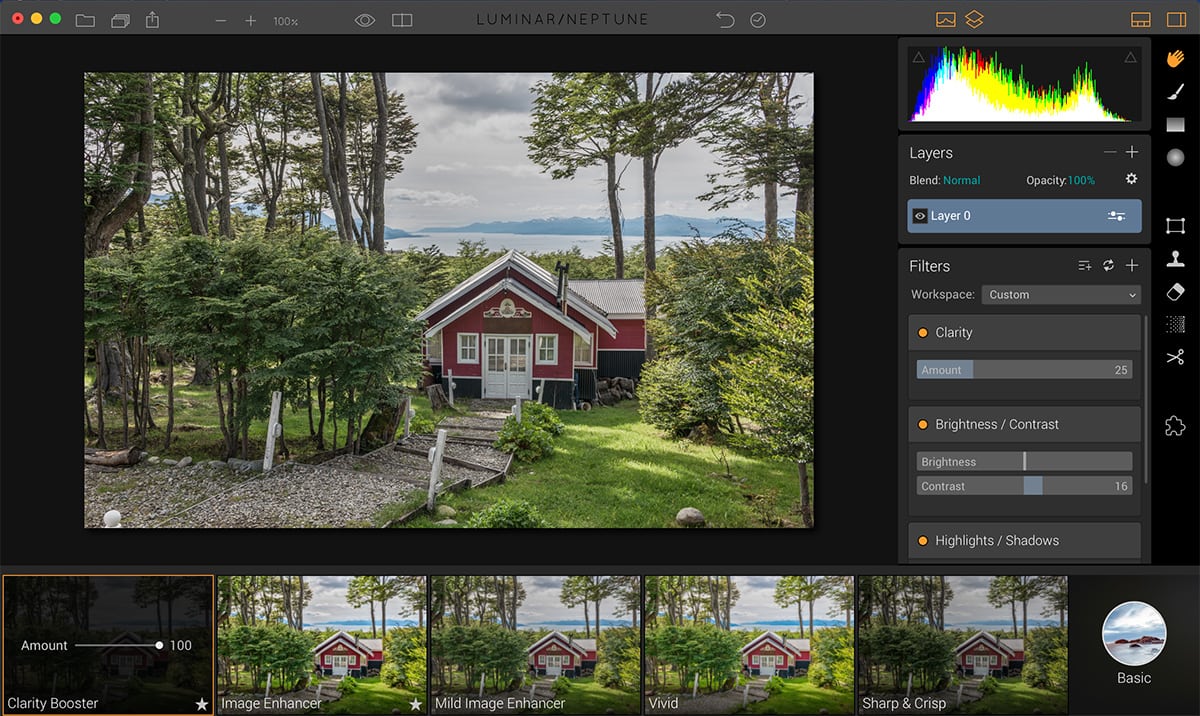
Their latest version, Luminar/Neptune, uses “Artificial Intelligence” to power their Accent AI filter. Macphun doesn’t disclose what is actually artificially intelligent about the filter, and the phrase is sufficiently vague to make criticism moot.
Luminar’s one-touch approach isn’t dissimilar from Lightroom Presets except the Luminar interface has an intensity slider (similar to Instagram’s Lux filter), which gives you more control over the sometimes comic results of the more heavy-handed filters. Once you’ve applied a filter, you can always tweak the individual parameters. Filters can be either a starting or end point.
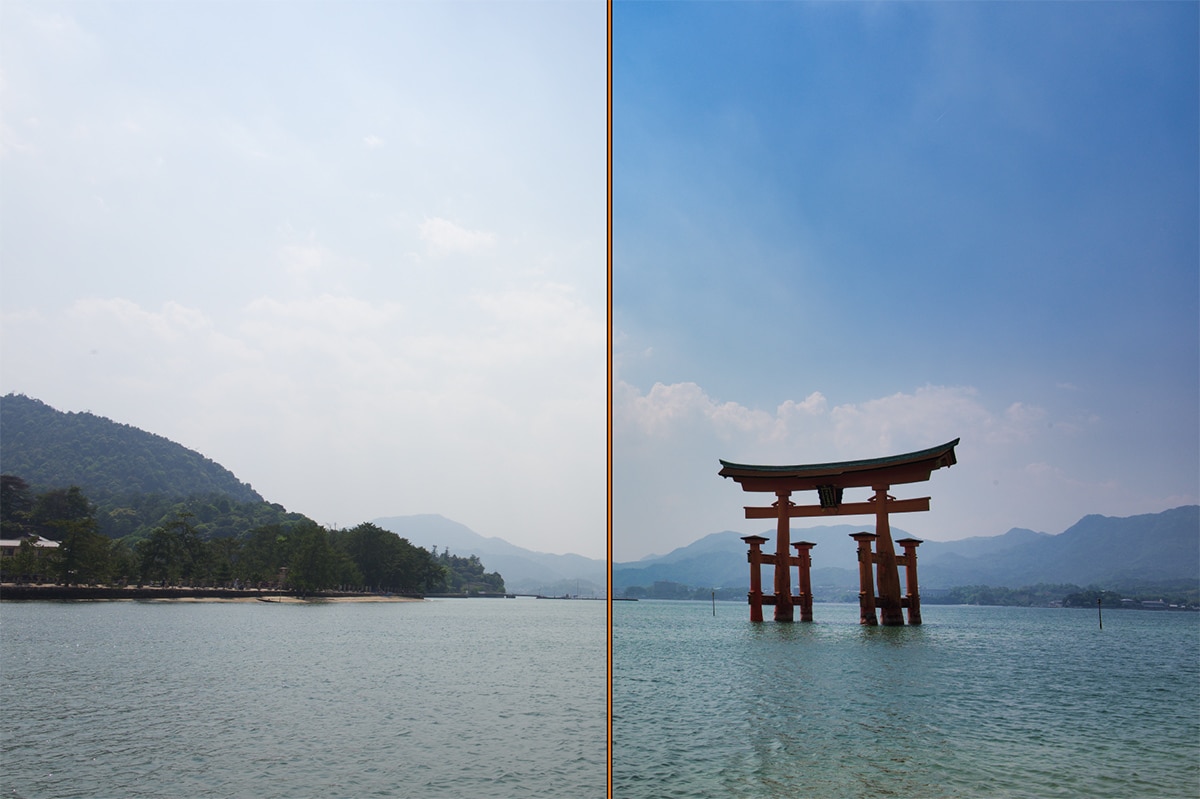
Accent AI at 100%. Photo by Allen Murabayashi
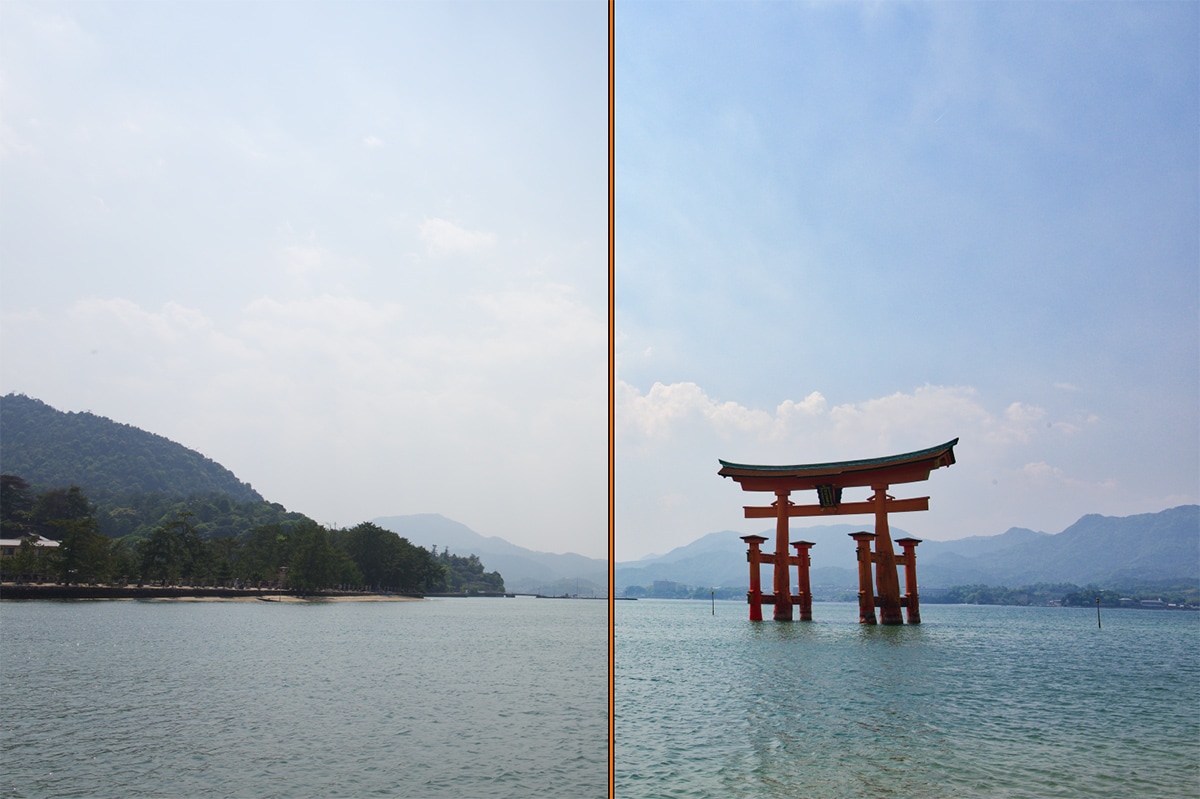
Image Enhancer filter at 58% has better shadow brightness on the torii gate. Photo by Allen Murabayashi
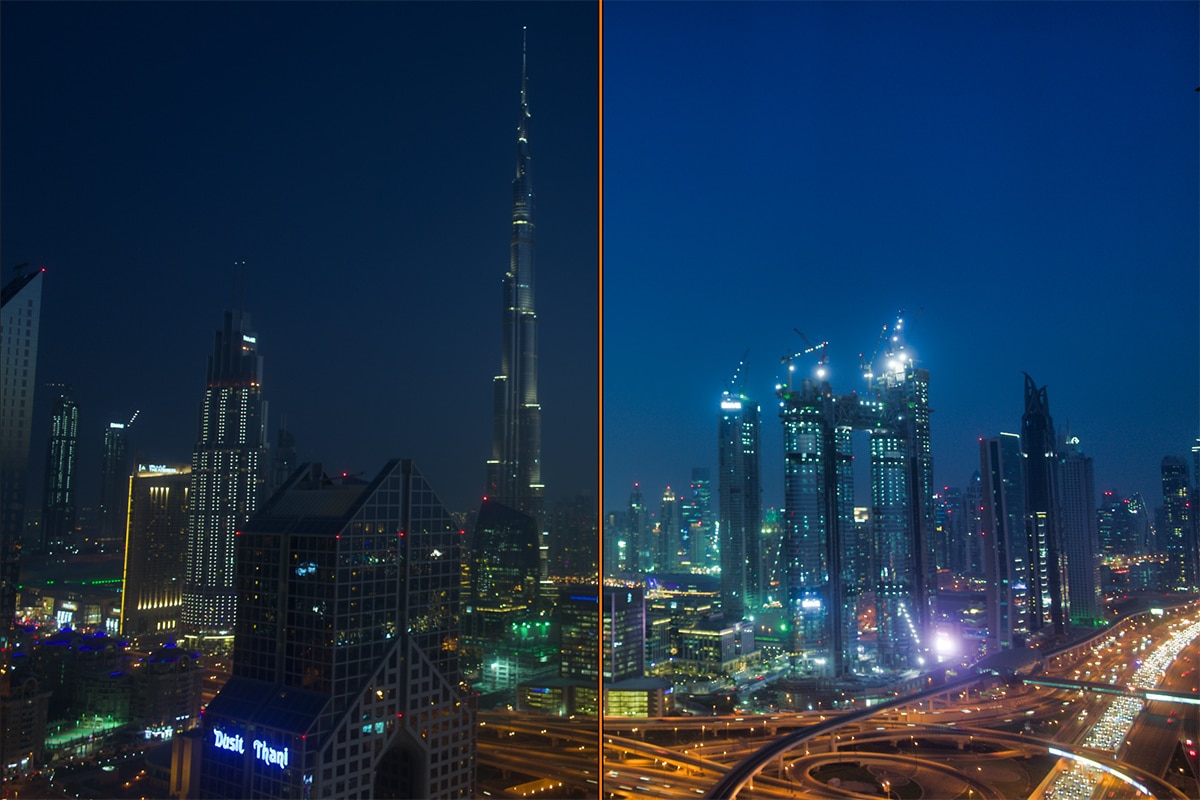
Accent AI Filter at 100%. Photo by Allen Murabayashi
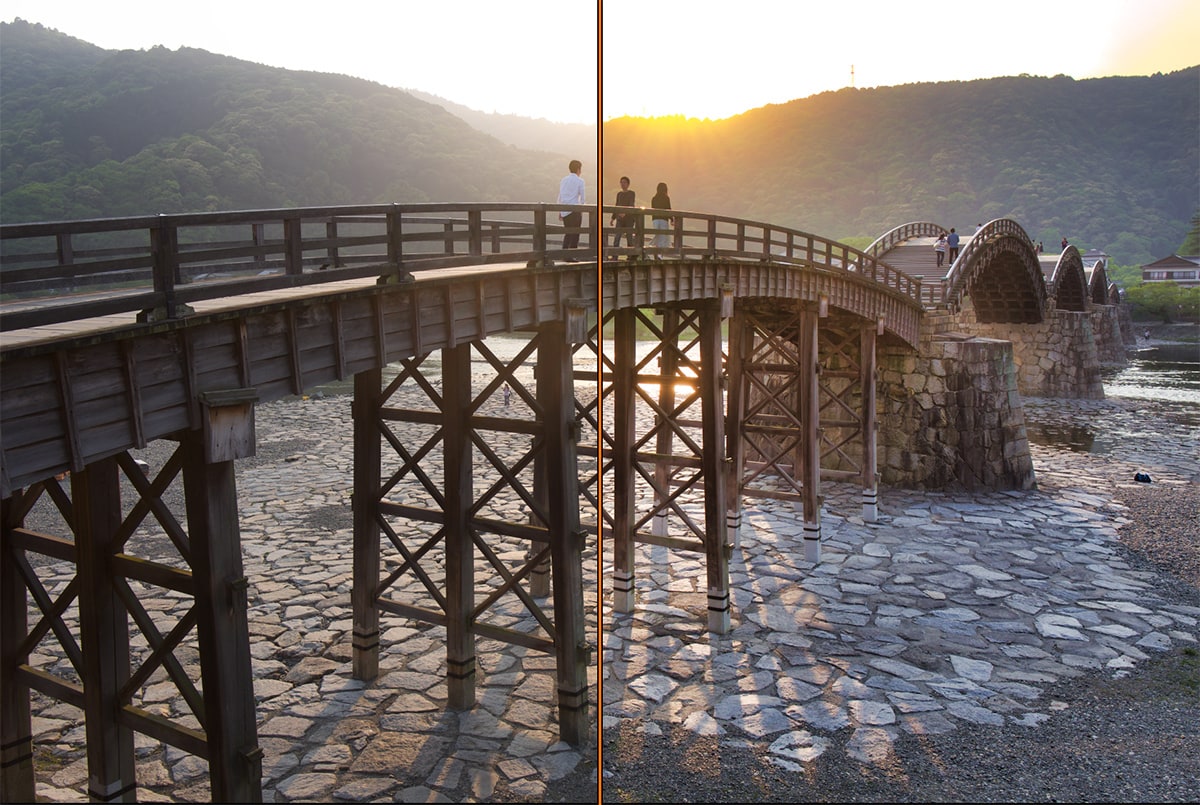
Accent AI filter at 100%. Photo by Allen Murabayashi
Macphun’s PR images unfortunately have the intensity dialed all the way up leading people to misunderstand this particular filter, and Luminar’s intensity-based approach to filters in general. The rendering engine isn’t fast with large RAW files, and there are definitely limitations to the way Luminar handles an image like this ETTR (expose to the right) image of the Colosseum.

Out of camera LR conversion. Photo by Allen Murabayashi

LR adjusted to taste. Photo by Allen Murabayashi

Macphun Luminar/Neptune’s Accent – AI Filter at 100% intensity
In the end, it’s not clear to me that there is a significant advantage of the Accent AI filter over any of their other filters. I suspect there’s a bit of AI marketing hype, which gives them a convenient PR opportunity. That said, it’s still an awesome image editor for $69. (And I really wish Lightroom had an intensity slider for its presets)
But like any standalone image editor, the challenge in building an audience is a matter of convenience. Advanced amateurs and pros have little incentive to switch from the Adobe enclave. For average consumers, the Apple and Google ecosystems are so intertwined with their other offerings that it’s hard seeing them bypassing the slightly less powerful controls to use a product like Luminar. The integration of a catalog, facial recognition, and AI for automatic keywording make Apple and Google’s products more useful and convenient overall.

